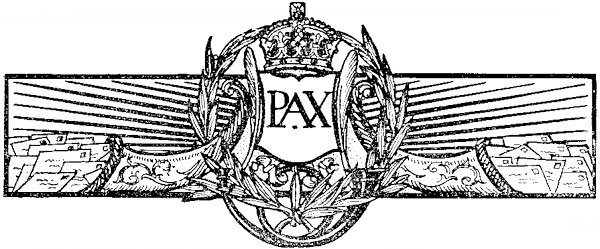Romans

Background
The Romans were the inhabitants of the ancient city-state and later empire of Rome, which was located in the Italian peninsula. They were originally a small settlement of Latin-speaking people who gradually expanded their territory through conquest and diplomacy, eventually forming one of the most powerful and influential civilizations in history.
The Roman people were known for their military prowess, administrative innovations, engineering achievements, and cultural contributions. They established a republican form of government in the 6th century BCE, characterized by a system of checks and balances, elected officials, and representative institutions such as the Senate and popular assemblies.
Over time, the Romans expanded their influence throughout the Mediterranean region, conquering and assimilating neighboring territories and peoples. This expansion brought wealth, resources, and diverse cultures into the Roman fold, contributing to the richness and complexity of Roman society.
The Roman people were also renowned for their engineering feats, including the construction of roads, aqueducts, bridges, and monumental structures such as the Colosseum and the Pantheon. Their legal system, based on principles of equity and precedent, laid the groundwork for modern legal systems in many parts of the world.
Roman culture was a synthesis of various influences, including Etruscan, Greek, and later, Eastern Mediterranean and Celtic traditions. Roman literature, art, architecture, philosophy, and religion flourished during different periods of the empire, leaving a lasting impact on Western civilization.
As the Roman Empire expanded, the term "Roman" came to encompass a diverse array of peoples and cultures, including not only ethnic Romans but also citizens from other parts of Italy, as well as provincials from across the empire. Despite this diversity, a shared identity as Roman citizens and subjects of the empire helped to unite this vast and multicultural population under a common umbrella.
Overall, the Romans played a central role in shaping the course of world history, leaving behind a legacy that continues to influence politics, law, language, culture, and society to this day.